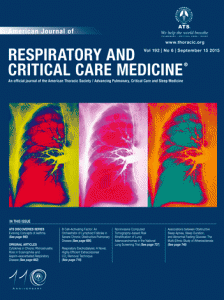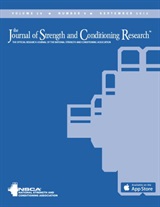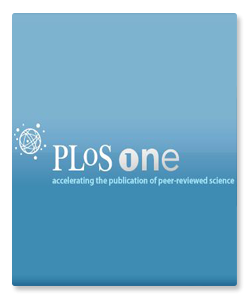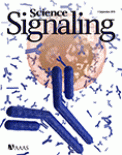 Additional lab tests, creating a clinical trial patient registry, and rewards for honesty are among the advice doled out in this week’s issue of the New England Journal of Medicine for researchers to help avoid the major issue of participants lying to get into clinical trials.
Additional lab tests, creating a clinical trial patient registry, and rewards for honesty are among the advice doled out in this week’s issue of the New England Journal of Medicine for researchers to help avoid the major issue of participants lying to get into clinical trials.
In the Perspective, David B. Resnik and David J. McCann, both based at the National Institutes of Health, address concerns raised by a 2013 survey of clinical trial participants that revealed “high rates” of “deceptive behavior.” Specifically: Continue reading Here’s how to keep clinical trial participants honest (and why that’s a big deal)







 A paper containing data fudged by former University of California San Francisco grad student Peter Littlefield has been corrected. We knew that this was coming — last month,
A paper containing data fudged by former University of California San Francisco grad student Peter Littlefield has been corrected. We knew that this was coming — last month,